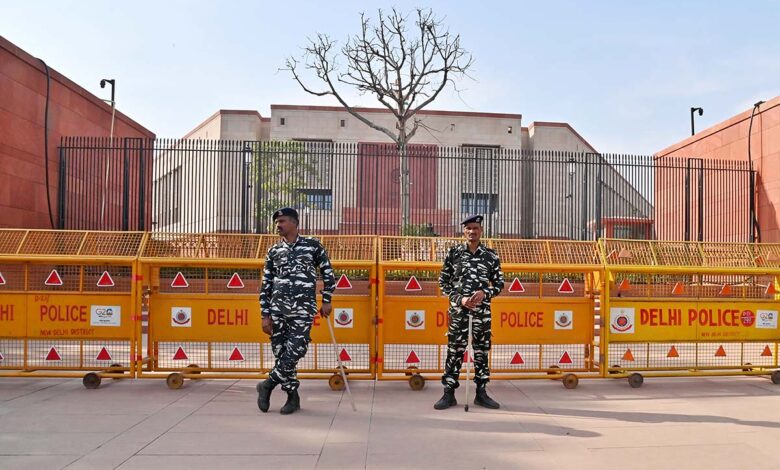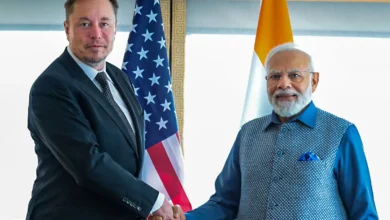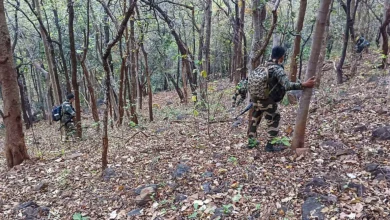CISF replaces Delhi Police in Parliament Security after recent breach scare
CISF currently has under its protection over 350 locations, a list that includes the likes of airports, sea ports, and even nuclear facilities.

Following last week’s high-profile security breach, Parliament security will be seen by the CISF. The Central Industrial Security Force (CISF) replaces Delhi Police as the responsible agency overseeing access to the Parliament, as per a recent Home Ministry notification. The role of the CISF extends to all aspects of this duty, including screening each entrance.
The security within the Parliament’s building will continue under the supervision of the Lok Sabha Secretariat, and Delhi Police will continue to secure the outer perimeter. This new approach aims to streamline protocols and minimize confusion, eliminating the scenario of different agencies stepping on each other’s toes. The switch begins after the Home Ministry’s ordered detailed security sweep takes place.
Here’s some background on the CISF. Known for offering an integrated security cover to public sector undertakings of sensitive nature, CISF currently has under its protection over 350 locations, a list that includes the likes of airports, sea ports, and even nuclear facilities.
So, what triggered this decision? solving the connection takes us back to December 13 when two men used passes issued by a BJP MP’s office to enter the Lok Sabha’s visitor gallery. Shockingly, they managed to sneak in yellow smoke canisters and pop them inside the chamber, causing widespread panic. A source cites that these cans bypassed the physical checks by Delhi Police, being concealed in cavities cut into custom-made shoes. Additionally, a man and a woman believed to be a part of the same group, replicated this act outside the complex.
These individuals are currently in police custody, along with a couple of others who believed to be involved, including the alleged person who masterminded this act. This incident has resulted in a massive political uproar, with opposition demanding explanations from Prime Minister Narendra Modi and his government. The after-effects have also been significant, triggering a severe political stand-off and resulting in 143 opposition MPs getting suspended from this Parliament’s session, not insignificantly the last full sitting before next year’s elections.
What awaits parliamentarians when they return? Stricter protocols for entry into the Parliament complex will be enforced moving forward. Entry bans on visitors and non-essential staff have taken effect, with separate entrances allocated for MPs, their staff, and the press. The visitors’ gallery is set for a face-lift, with a glass encasement promise to prevent people from jumping into the House chamber, and new body scan machines, similar to airport ones, are also on the installation schedule.
Worth noting is that last week’s security breach was on the 22nd anniversary of the attack on the old Parliament building which saw terrorists from two Pakistan-based terror outfits kill nine people.
You might also be interested in – Special Force takes charge of protecting Ayodhya’s Ram Temple



